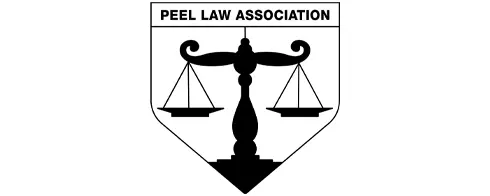Mental Health and Crime Crisis in Canada
The intersection of mental health and crime is a growing concern in Canada. Many individuals involved in the criminal justice system struggle with mental health issues, raising questions about treatment, rehabilitation, and legal responsibility. In this article, we’ll explore the challenges faced by individuals with mental health issues in the criminal justice system and the importance of legal representation.
Understanding Mental Health in the Context of Crime
Mental health issues can significantly impact an individual’s behavior and decision-making. Conditions such as depression, anxiety, schizophrenia, and bipolar disorder can lead to actions that result in criminal charges. Understanding this connection is vital for addressing the root causes of crime.
Legal Considerations for Mental Health
In Canada, the legal system recognizes the importance of mental health in criminal cases. Key considerations include:
- Fitness to Stand Trial: Individuals must be mentally fit to understand the charges against them and participate in their defense. If deemed unfit, they may be diverted to mental health treatment instead of facing trial.
- Not Criminally Responsible on Account of Mental Disorder (NCRMD): If a person commits a crime due to a mental disorder, they may be found NCRMD, resulting in treatment rather than imprisonment.
Challenges Faced by Individuals with Mental Health Issues
Individuals with mental health issues in the criminal justice system often encounter numerous challenges:
- Stigmatization: Mental health issues are frequently stigmatized, leading to discrimination and bias within the legal system.
- Access to Treatment: Limited access to mental health services can exacerbate issues and hinder rehabilitation efforts.
- Overrepresentation: Indigenous peoples and marginalized communities often face higher rates of mental illness and are overrepresented in the criminal justice system.
The Importance of Mental Health Support
Addressing mental health issues within the criminal justice system is crucial for effective rehabilitation. Support services can include:
- Counseling and Therapy: Professional mental health support can help individuals cope with their conditions and address underlying issues.
- Diversion Programs: Programs that divert individuals with mental health issues away from the criminal justice system and into treatment can reduce recidivism rates.
The Role of Legal Representation
If you or a loved one faces criminal charges related to mental health issues, having legal representation is essential. A knowledgeable lawyer can:
- Ensure Proper Evaluation: Advocate for appropriate mental health assessments and treatment options.
- Build a Strong Defense: Develop a defense strategy that takes mental health into account, potentially leading to reduced charges or alternative sentencing.
- Connect You to Resources: Help individuals access mental health services and support.
Manbir Nirwal and Nirwal Law are dedicated to advocating for individuals with mental health issues within the criminal justice system. Our team has experience serving clients across Ontario, including Brampton, and is committed to ensuring that mental health considerations are addressed in legal proceedings.
Conclusion
The intersection of mental health and crime is a critical issue that requires attention and action. Understanding the legal framework and available support is essential for individuals facing charges related to mental health issues. If you or someone you know needs legal assistance in this area, don’t hesitate to reach out for support.
Disclaimer: This blog is for informational purposes only and does not constitute legal advice. Every situation is unique, and the information here may not apply to your specific circumstances.








